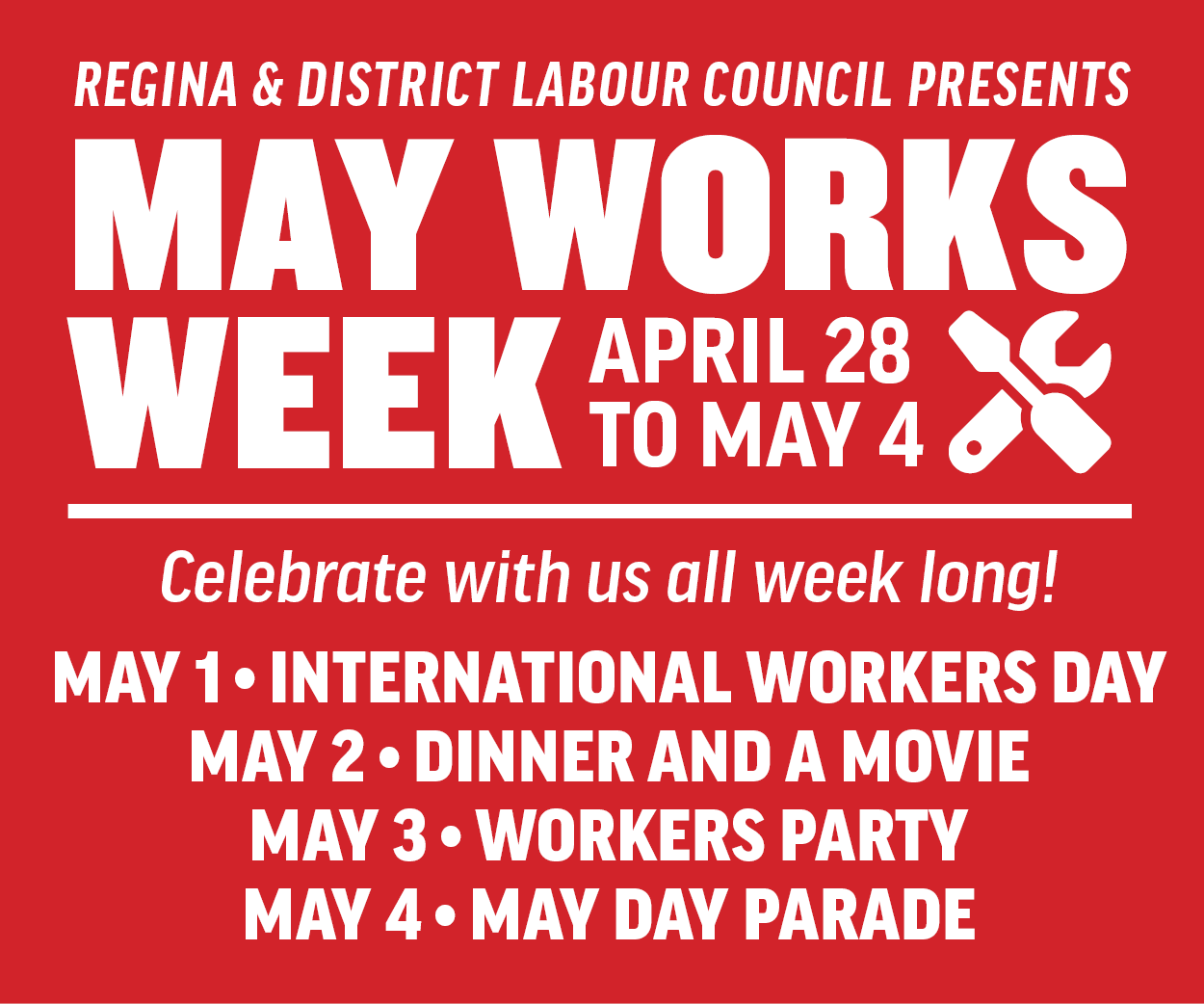The transition of Destin Cretton from struggling film student to bona fide director couldn’t be more ideal. His first feature film Short Term 12 has been collecting accolades in film festivals around the globe and lead actress Brie Larson (better known as Scott Pilgrim’s awful ex-girlfriend) is often mentioned as potential Academy Award nominee.
Now Cretton has been tapped to direct Jeannette Wells autobiographical best-seller The Glass House, with Oscar winner Jennifer Lawrence attached. It would be the first time the filmmaker directs a movie based on someone else’s script. Prairie Dog talked to Cretton, deep into pre-production of his next feature.
– How did you become interested in life inside facilities for at-risk teenagers?
– That was my first job after college. That experience was life-changing and stuck with me all the way through film school, so I pieced together a story based on my time there. I didn’t want the feature to be entirely about me, so I did a handful of interviews with people who work in these kind of homes for much longer.
– In the film, there is a feeling of dread whenever one of the teenagers leaves the facility. I assume that comes from your own experience.
– Whenever one of the kids found a good foster home willing to take them in, it was a joyous occasion. But most of the youth in the facility was there because outside the walls their situation was so bad, they had to be protected. I’m talking about gangs or abusive relatives waiting for them.
– How dealing with teenagers at risk informed your work as in film?
– One of the challenges of being a film director is to read people and learn when an actor is uncomfortable or actually feeling what they say they are feeling. That is something I was constantly doing when working at the facility: Watching for emotional cues and signs as well as elements in the environment that may trigger a reaction.
– What about Brie Larsen told you she could pull the role of foster care supervisor/abuse victim?
– You never know, but after seen her in so many roles you come to the realization she is capable of transforming into different people every time. Also, whether she is doing comedy or drama, it never feels like she rehearsed a hundred times. It always seems like she is in the moment, performing from her gut. That immediacy, that authenticity was what I was looking for. She also suggested the co-lead John Gallagher Jr. (The Newsroom) to us, and they have some really complicated scenes together.
– Were you able to shoot chronologically, or Brie had to jump back and forth into different emotional states?
– She had to be all over the place. One morning she may be doing a meltdown and a few hours later had to shake it off and do a ‘happy’ scene. We tried to make it the least confusing as possible for her.
– How do you develop a relationship with an actor that would allow you to push them harder while shooting?
– It’s not different from developing a relationship with anybody. I work with people I like and trust me. Along with the entire cast, I tried to create an environment they felt safe to explore and be creative. They knew if they ‘went for it’ and failed, nobody was going to laugh at or reprimand them. That helped a lot with their performances.
– Your script includes a potent allegory to understand abuse (an octopus feeds her legs to shark to preserve his friendship). Did you come up with that?
– It comes from a struggle. I was looking for realistic way a 16 year old girl -who doesn’t want to talk about being abused- would disclose something about her ordeal. This is a problem that affects most of Short Term 12 characters, they all have things bottled up. It was a challenge but also tremendously rewarding when they finally opened up.
– The film also provides a unique explanation about why teenagers choose to cut themselves.
– “It’s impossible to worry about anything else when there is blood coming from you.” That realization was revelatory. When someone shared that with me, suddenly it made a lot of sense.
– How did you kept the film in check and prevent it from becoming a melodrama?
– It was in the front of our minds: Is this scene too dramatic? Are we explaining too much? There were some experiences I had while working at the foster care facility nobody would believe if I included them in the movie. That place was such an emotional rollercoaster. We asked those questions during the writing, shooting and editing stages, all to keep the movie grounded.
Short Term 12 is now playing at the Rainbow Cinemas.





